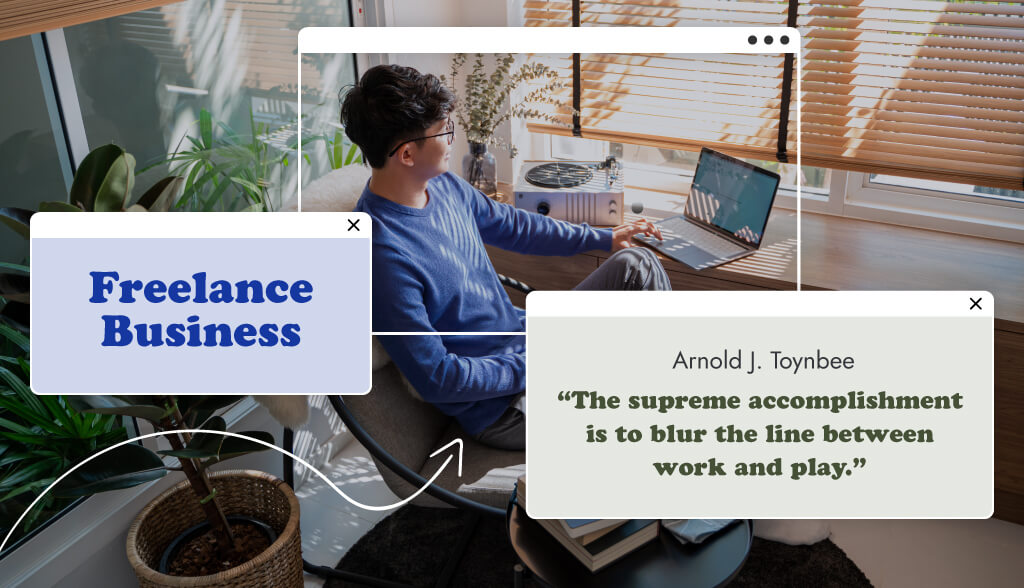Now, you might think you know your niche if you’re, let’s say, starting a freelance photography or jewelry business.
But that’s actually your market, not your niche. Your niche is a micro-market within your industry.
It might sound counter-intuitive, but the smaller your audience, the bigger the paycheck. That’s because you’ll become the go-to authority by focusing on one specific area within the marketplace.
For example: A photographer could focus on weddings, corporate photography, or provide culinary images to a site like Canva.
A jeweler could make one-of-a-kind belt buckles using serpentine, turquoise, or kyanite.
But there are other considerations other than money when choosing your niche, such as passion.
Chinese philosopher Confucius said, “Do what you love, and you’ll never work a day in your life.”
Work satisfaction is essential to your happiness. After all, if you get stuck in a niche you hate working in, you could resent what you set out to accomplish.
So, before you choose your niche, ask yourself: What type of freelance work do I want to do for the rest of my career?
But while Confucius wasn’t wrong, paying the bills is just as important as passion! Meaning, you may have to be flexible when starting your freelance businesses.
It’s okay to begin in one niche and then move to another, as long as there’s a connection between them you can carry forward, such as clients, testimonials, and, of course, samples of your work.
For example, I’m a writer (surprise, surprise!).
My niche is business start-ups and all things related, but that’s not where I began. My first 300+ posts were about marketing small to medium side-hustles, but you can see the connection, right?
My starting point allowed me to move into a more lucrative one–putting me in an ideal position to land my ideal clients.
Let’s talk about your lucrative niche next:
The first niche you enter has to be one that’ll pay you enough to stay in business. And once you’re earning, you can branch out into other areas where you’d prefer to work.
Now’s the time to research which freelance niches are growing and which are declining.
Here are 5 niche-finding tools to help you:
1. Google Trends: Find out how your chosen niche is performing, including popularity statistics, keywords, search volumes, and how it compares to other niches within your market.
2. Trend websites: Consumer trend-tracking websites–like BuzzSumo or even Reddit–are excellent for discovering hot topics in your niche and new opportunities.
3. AnswerThePublic Keyword Tool: Use this tool to see which industry-specific questions people are asking, enabling you to identify your target clients and later engage with them by providing helpful answers.
4. Facebook Audience Insights: Gain a deep understanding of your target clients’ demographics, interests, and needs using Facebook’s audience insights.
5. RSS subscriptions: Discover what content your competitors create, then provide popular and helpful information to your target audience to build your online presence.
